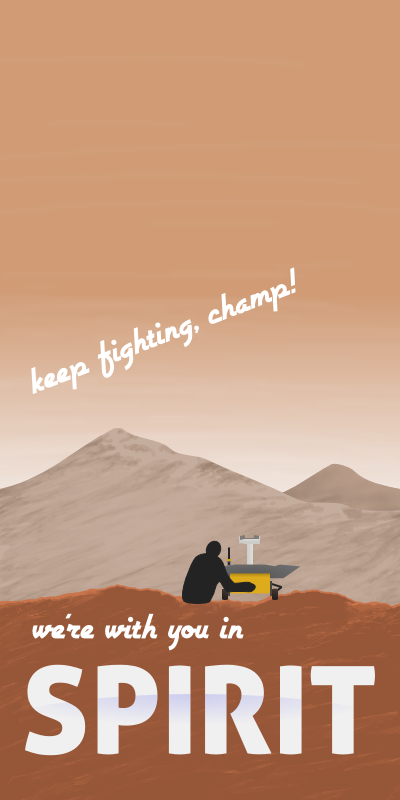A post for Ada Lovelace Day.
A woman was the first to identify a pulsar (and the next three after that). Reading through 96 feet of radio charts every day, Jocelyn Bell Burnell identified a regularly repeating bit of “scruff” which came from the same direction in space every day.

Jocelyn Bell Burnell. Photo from the Wikimedia Commons by Harry the Dirty Dog, in the public domain.
After either:
- being excluded from lab meetings in which her supervisor advanced the theory that they were receiving a transmission from aliens (the popular recounting)
- walking in on a high-level meeting in which her supervisor and his colleagues laughed about the possibility (her own retelling),
she went through the charts and found another repeating radio source at the same frequency. After Christmas, she found two more.
It should be noted that she feels she’s earned exactly as much credit as she deserves because, again, she’s about the only one who does. Six years later, the 1974 Nobel for physics was awarded to astronomers for the first time – her supervisor and her colleague. In fact, her supervisor was cited by the Nobel committee “for his decisive role in the discovery of pulsars.” On the Nobel, she has said, “Thirdly, I believe it would demean Nobel Prizes if they were awarded to research students, except in very exceptional cases, and I do not believe this is one of them.” But then she continued, “Finally, I am not myself upset about it –after all, I am in good company, am I not!”
In the BBC 2010 series Beautiful Minds she said:
One of the things women bring to a research project, or indeed any project, is they come from a different place, they’ve got a different background. Science has been named, developed, interpreted by white males for decades and women view the conventional wisdom from a slightly different angle — and that sometimes means they can clearly point to flaws in the logic, gaps in the argument, they can give a different perspective of what science is.
Jocelyn Bell Burnell brought her perspective in to a nascent field; she was involved in naming, developing and interpreting it. Human knowledge is richer for her mind and her work.
Addendum
Wasn’t it very rare to have a woman Ph.D. candidate in science back then? Well, here’s an anecdote from the Belfast Telegraph:
There was a tradition among the students that when a female walked into a lecture theatre all the guys stamped and whistled and called and banged the desk. And I faced that for every class I walked into for my last two years.
